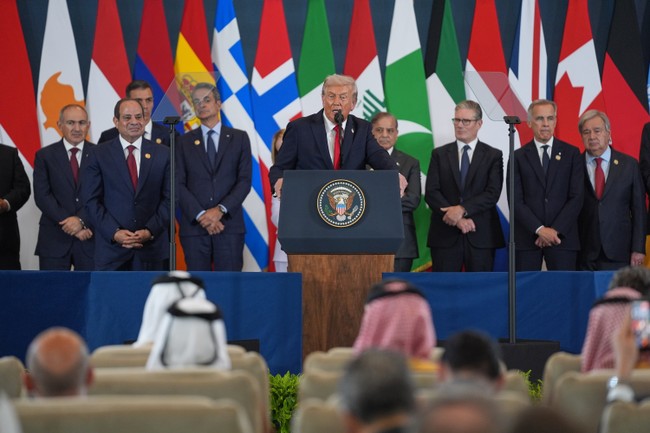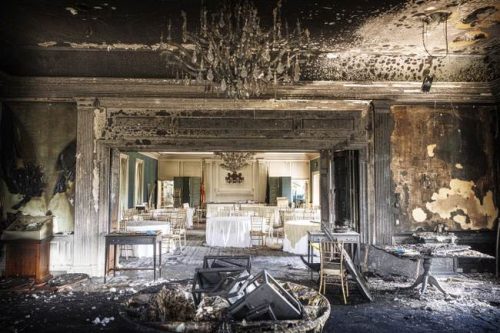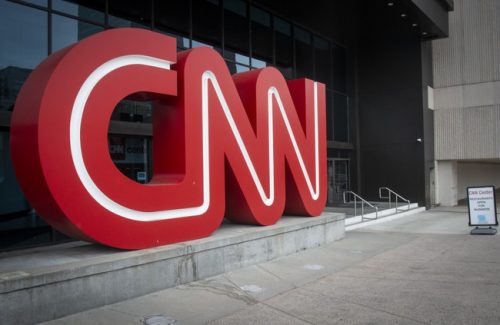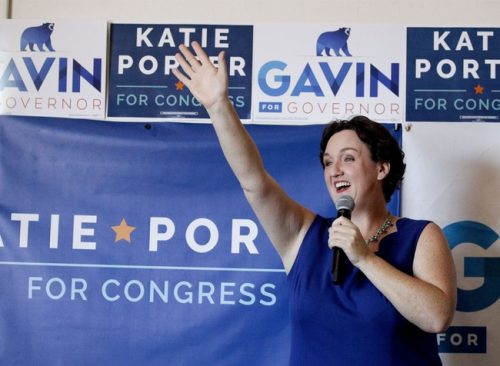President Trump on Gaza and the Two-State Question
Trump Won’t Promise a Two-State Outcome, Says Rebuilding Gaza Comes First
Aboard Air Force One, returning from a Middle East trip capped by a historic peace deal between Hamas and Israel, President Trump faced questions from reporters about whether he would commit to a two-state solution. He answered plainly, “We’ll have to see.” The exchange underscored that his immediate focus was on tangible recovery, not a fixed political formula.
He framed the conversation around relief and reconstruction rather than neat diplomatic categories. “We’re talking about rebuilding Gaza. I’m not talking about single state or double state or two state. We’re talking about the rebuilding of Gaza,” Trump said. That line was followed by a broader point about options: “We’ll have to see,” he continued. “A lot of people like the one-state solution, some people like the two-state solution. We’ll have to see.”
The president made clear any ultimate arrangement would not be decided in isolation by Washington. He said regional and international partners would have to be involved in any longer-term political path, tying security, governance and reconstruction into one package. That reflects a posture focused on outcomes over slogans.
Trump’s final stop was Sharm El-Sheikh, Egypt, where he formally signed the agreement reached between Hamas and Israel in front of 20 world leaders. The president called the moment historic and referenced the long arc of conflict in the region, saying it had taken more than 3,000 years to reach this point. He pledged to turn that breakthrough into a durable norm under his watch.
Republican thinking on the region often emphasizes strong leverage, pragmatic deals and reconstruction as the fastest path to stability, and that approach shows here. By prioritizing rebuilding Gaza, the administration is signaling that material recovery and security arrangements will shape future political choices on statehood. That practical orientation explains why Mr. Trump declined to lock himself into a single diplomatic framework on the spot.
Trump:
We’re talking about rebuilding Gaza. I’m not talking about single state or double state or two state. We’re talking about rebuilding Gaza.
Some people like the one-state solution, some people like the two-state solution. At some point, I’ll decide what I think is right. pic.twitter.com/msG1Smy4ST
— Clash Report (@clashreport) October 14, 2025
Delegates and leaders in Sharm El-Sheikh heard a promise that reconstruction would be central to the new phase of diplomacy and that security guarantees would accompany aid. The president’s remarks pushed the conversation toward granting everyday people the basics they need to live and rebuild, rather than immediate red lines about borders. In this reading, a functioning Gaza is a prerequisite for any durable political settlement.
Reporters pressed for a label; the president offered a timeline and a task instead. He indicated the final shape of governance and borders will emerge from a process that includes local actors and international stakeholders, not from a single media soundbite. That posture leaves room for negotiation while stamping the administration’s priority: get Gaza standing again and then let the political architecture follow.






